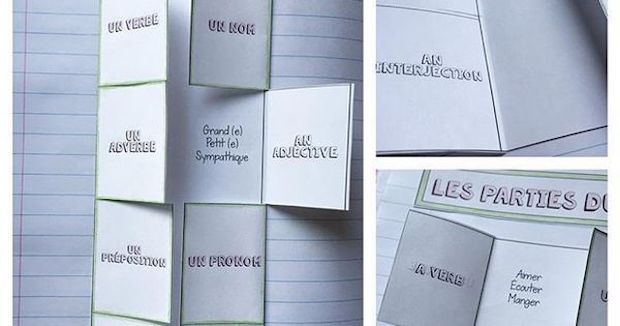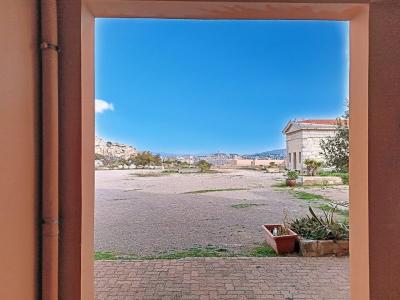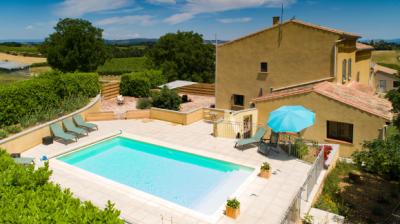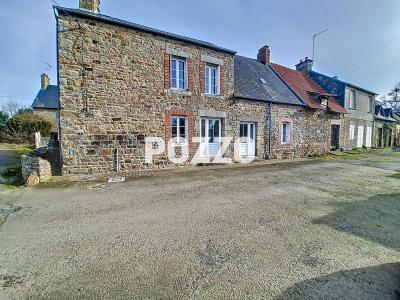Most native English speakers are familiar with the eight or nine English parts of speech (nouns, pronouns, adjectives, verbs, adverbs, prepositions, conjunctions, interjections, and articles). All English words fall into one of these general parts of speech.
Luckily, French follows the same basic organisation of parts of speech that English does.
Called les classes de mots, French parts of speech are categorised as follows:

Les noms
Nouns, or les noms, are one of the most important parts of a French phrase. As in English, French nouns identify a person, place, or thing. However, unlike in English, all French nouns have a gender. You can further divide French nouns into les noms propres, or proper nouns (names), and les noms communs, or common nouns (general nouns).
Les déterminants
Determiners, or les déterminants, consist of articles (les articles) and certain kinds of adjectives (les adjectifs non qualificatifs). These words precede nouns and determine the gender and number of the noun that they modify. Les articles include le, la, and les, and les adjectifs include words like mon, ma, mes, ce, cette, ces.
Les adjectifs
As in English, adjectives modify nouns. In French, most adjectives follow the nouns that they modify although this depends on the adjective (For more about adjective word order in French see this post.)
Les pronoms
Pronouns in French replace nouns, just as they do in English. French pronouns include je, tu, il/elle/on, vous, nous, and ils/elles.
Les verbes
Verbs are another integral part of speech in each French sentence. They must always be conjugated to match with the person or thing (noun) that is performing the action. In French, verbs also change based on gender, number, tense, mood, and voice.
Les adverbes
Adverbs modify a verb, adjective, or another adverb. In French, adverbs do not change based on gender or number and are typically recognisable by the ending –ment. Check out this post for more information about French adverbs.
Les prépositions
Like adverbs, French prepositions are invariable, which means that they do not change based on gender or number. This makes them, along with adverbs, an easier part of speech to use in French. Prepositions link nouns and phrases to other parts of a sentence. They include words like après, à, and chez, among others.
…and finally…
Les conjonctions
Conjunctions in French are also invariable.
As in English, conjunctions are words that link a group of words together.
Conjunctions in French include et, car, mais, or, ou, and donc.


Blog submitted by: Alex at The French Property Network - Cle France.
This blog was originally posted on The French Language Blog pages.






